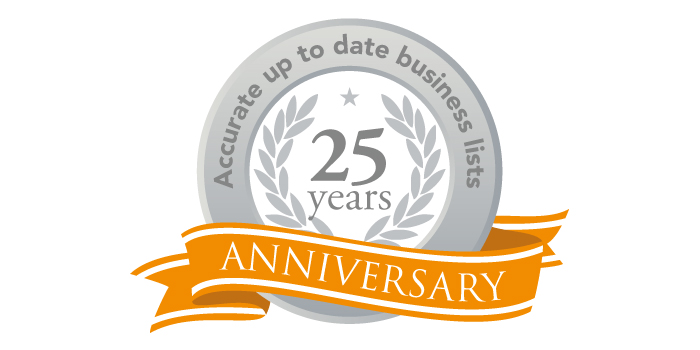Keep up to date with us
We update our blog with regular posts to keep you up to speed on the world of B2B data.
- February 2025
1 post - March 2024
1 post - November 2023
1 post - October 2023
1 post - March 2023
1 post - September 2022
1 post - July 2022
1 post - March 2021
1 post - December 2020
2 posts - November 2020
1 post - May 2020
1 post - April 2020
2 posts - March 2020
2 posts - February 2020
2 posts - January 2020
3 posts - December 2019
1 post - November 2019
1 post - October 2019
2 posts - September 2019
1 post - August 2019
1 post - July 2019
1 post - June 2019
2 posts - April 2019
2 posts - March 2019
1 post - February 2019
1 post - January 2019
1 post - December 2018
1 post - November 2018
1 post - October 2018
1 post - September 2018
1 post - August 2018
1 post - July 2018
1 post - May 2018
2 posts - April 2018
1 post - March 2018
1 post - February 2018
1 post - January 2018
2 posts - December 2017
2 posts - November 2017
2 posts - October 2017
3 posts - September 2017
2 posts - July 2017
1 post - June 2017
1 post - May 2017
2 posts - April 2017
2 posts - March 2017
2 posts - February 2017
2 posts - January 2017
3 posts - December 2016
1 post - November 2016
2 posts - October 2016
2 posts - September 2016
5 posts - August 2016
4 posts - July 2016
4 posts - June 2016
1 post - May 2016
5 posts - April 2016
1 post - March 2016
1 post - February 2016
1 post - January 2016
2 posts - December 2015
1 post - November 2015
1 post - October 2015
2 posts - September 2015
1 post - August 2015
1 post - July 2015
2 posts - June 2015
1 post - May 2015
1 post - April 2015
1 post - March 2015
1 post - February 2015
1 post - December 2014
1 post - November 2014
1 post - October 2014
2 posts - September 2014
4 posts - August 2014
4 posts - July 2014
2 posts - June 2014
1 post - May 2014
2 posts - April 2014
2 posts - March 2014
1 post - February 2014
1 post - January 2014
2 posts - December 2013
1 post - November 2013
1 post - October 2013
1 post - September 2013
1 post - August 2013
2 posts - July 2013
1 post - June 2013
2 posts - May 2013
1 post - April 2013
1 post - March 2013
1 post - February 2013
1 post - January 2013
1 post - November 2012
1 post - October 2012
1 post - September 2012
1 post



 We have a long record of enabling businesses to find new customers efficiently. By using our accurate and up to date UK B2B data, literally thousands of companies, from the smallest start-up to household names, have enjoyed exceptional results.
We have a long record of enabling businesses to find new customers efficiently. By using our accurate and up to date UK B2B data, literally thousands of companies, from the smallest start-up to household names, have enjoyed exceptional results.




